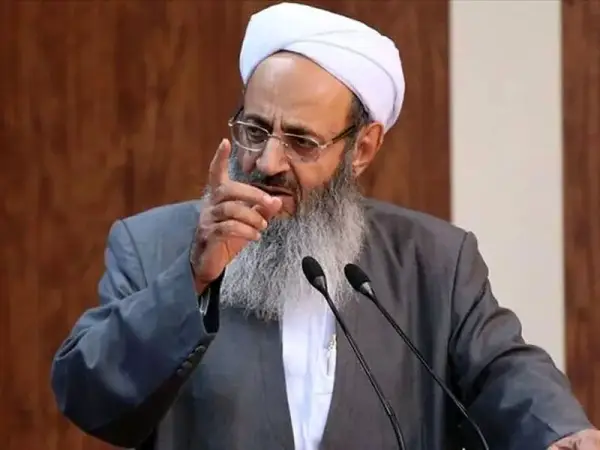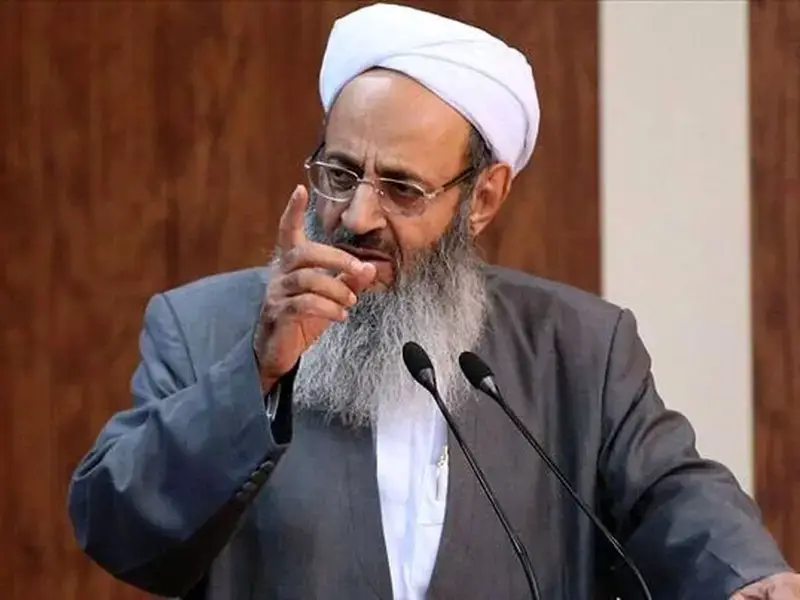In the wake of reciprocal missile strikes between Iran and Pakistan, Iran's top Sunni cleric Mowlavi Abdolhamid says that the Middle East is moving towards war.
The top religious leader of Iran's largely Sunni Baluch (Baloch) population emphasized in his Friday prayer sermons that cross-border fire exchanges do not benefit any nation or government, calling for the resolution of issues through dialogue.
Abdolhamid is the Sunni Friday prayer leader of Zahedan in Sistan-Baluchestan province, where Islamabad says it hit bases of the separatist Baloch Liberation Front and Baloch Liberation Army on January 17. One day earlier, Tehran said its drones and missiles struck militants from the Jaish al Adl (JAA) group, another Baluch armed group. The militant groups operate in an area that includes Pakistan's southwestern province of Balochistan and Iran's southeastern Sistan-Baluchestan province. Both are restive, mineral-rich and largely underdeveloped.
Addressing the loss of lives, including children and women, in both countries due to the attacks, Abdolhamid called on Iranian and Pakistani authorities to listen to the grievances of those who have fled from both nations.
He warned that discontented individuals might cross the border from Pakistan to Iran or vice versa, urging the governments to engage with such dissidents and ensure they are not exploited in the hands of others.
A Baluch human rights group reported heightened military presence around Zahedan’s Makki Mosque during the first Friday prayers following the attacks. Video footage showed protesters expressing discontent with Pakistan, the Iranian government, and the Revolutionary Guard, condemning what they called "Baluch genocide."

